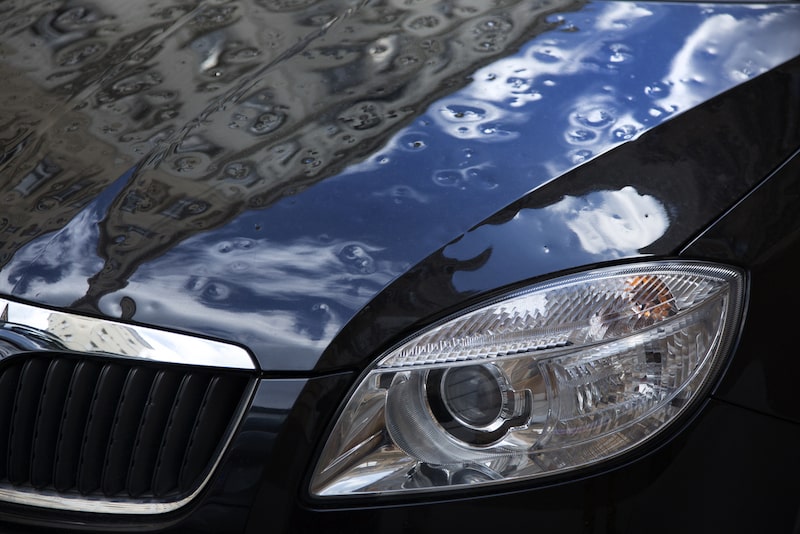Your auto insurance carrier will reimburse you for repairs or a complete loss to your vehicle second to hail damages or any other natural disaster, but you need to have comprehensive coverage included in your auto insurance plan prior to the damage being sustained. A lot of states only require bare-bone insurance policies inclusive of strictly liability coverage which will offer you only payout for those you may hurt in an accident and their property. It doesn’t reimburse you for injuries you sustain or damages to your vehicle at all.
In order to have protection for your vehicle, you need to invest in physical damage insurance which is inclusive of comprehensive and collision coverage. Collision is going to reimburse for your car either when you hit or are hit despite who may be at fault. Comprehensive reimburses for events that would not be covered by the collision aspect of your insurance inclusive of the named perils, such as hail.
With claims which fall under your comprehensive reimbursement where your vehicle is damaged in an occasion of hail as well as other natural-type disasters, you will owe your deductible but the claims will be considered as no-fault occurrences and will not likely affect insurance premiums which collision reimbursements would.
States Where Hail Claims Are Prevalent
Per the National Insurance Crime Bureau, April and then May and June are when the most claims are filed for hail damage when spring goes throughout the Midwest and into the South Central portion of the United States. The latest data available from the NICB shows the following states as the most prevalent for hail damage claims:
- Oklahoma
- Indiana
- Pennsylvania
- Minnesota
- Kansas
- Illinois
- Missouri
- Nebraska
- Colorado
- Texas
Do Hail Damage Claims Raise Car Insurance Premiums?
It is suggested that the average hail claim is approximately $3,000 with light hail not causing enough to equate the deductible amounts but heavy hail damage being significant enough, even though mostly cosmetic-related, to total a brand new car. If you are in a situation where your car sustains this type of severe damage, that would be enough to go beyond the amount of your deductible significantly allowing that you should report the claim, but this would not mean that your rates will go up.
For the most part, comprehensive claims are not going to raise your premiums. A majority of insurers find severe weather and the other perils that comprehensive plans reimburse for as out of our control. But looking at it another way, while the hail damage won’t raise rates, the number of claims that you file can. So, if you have filed claims for other accidents or incidents, the hail damage could push you over with the number of claims you have filed within a certain period of time making you appear to be high-risk and causing a rise in your rates.
Is It Possible To Fix Hail Damage To Your Vehicle?
After filing an auto insurance claim with your adjuster, you will then work with them and the auto body shop in order to get an estimate for the repairs to your vehicle. The adjuster is going to assess whether the insurer is going to pay to have the repairs done or if they are going to declare your car as a total loss. The adjuster will call it a total loss if the repairs are going to be in excess of the depreciated value of the vehicle. If this happens and you do have comprehensive coverage with your auto insurance plan, your carrier will reimburse you the ACV or Actual Cash Value of the vehicle, which you’ll be able to use in order to buy a replacement.
Protecting Your Vehicle From Hail Damage
If you live in a region where hail is most prevalent, it’s important to take precautions in order to try to reduce the amount of damage that your car will take on during an event. One step that you can take is to purchase a heavy-duty car cover that you can keep in the trunk of your car. This way if you are driving when the hail starts, you’ll be able to pull the car over and cover the car immediately to reduce the impact of the hail on the car
It would also be beneficial to obtain a weather app in order that you can receive alerts pertaining to impending hail storms allowing you time to put the car cover on or try to find a covered area that you can pull over to park. If you are able to lighten the damage enough to your vehicle, it may be possible for you to pay for the repairs yourself as opposed to going through filing an insurance claim.
Hail can cause devastating damages to your car, but if you have comprehensive coverage lined out with your auto insurance plan, your repairs should be taken care of with little effect on your insurance premiums.

